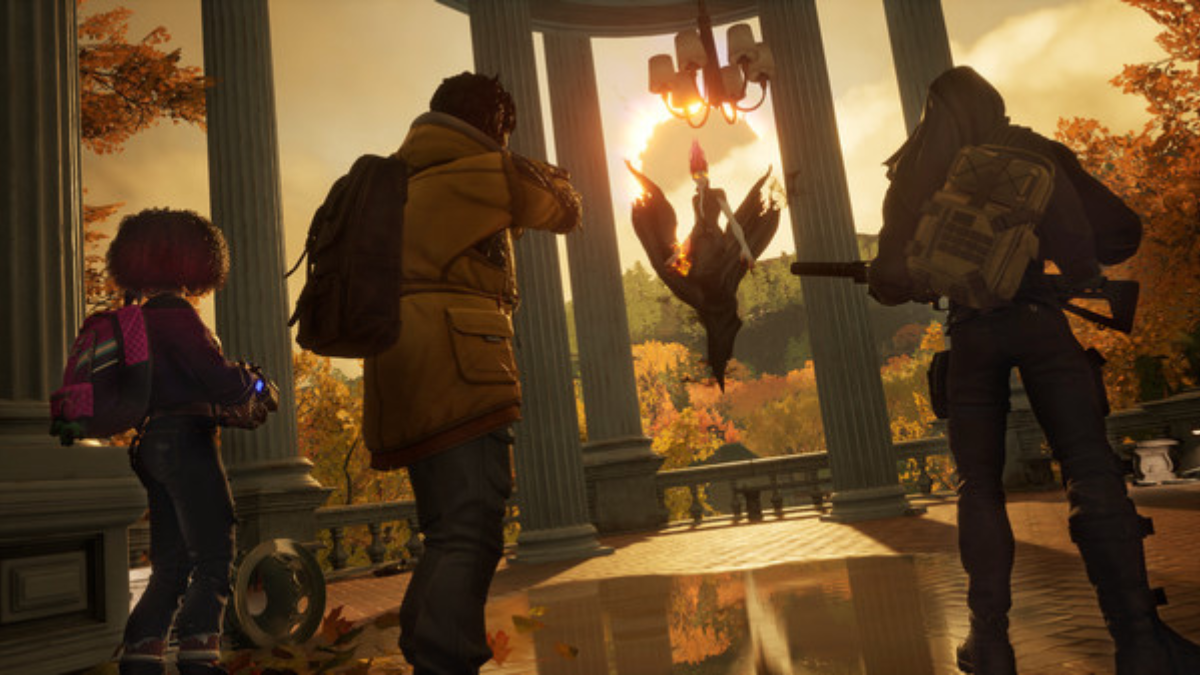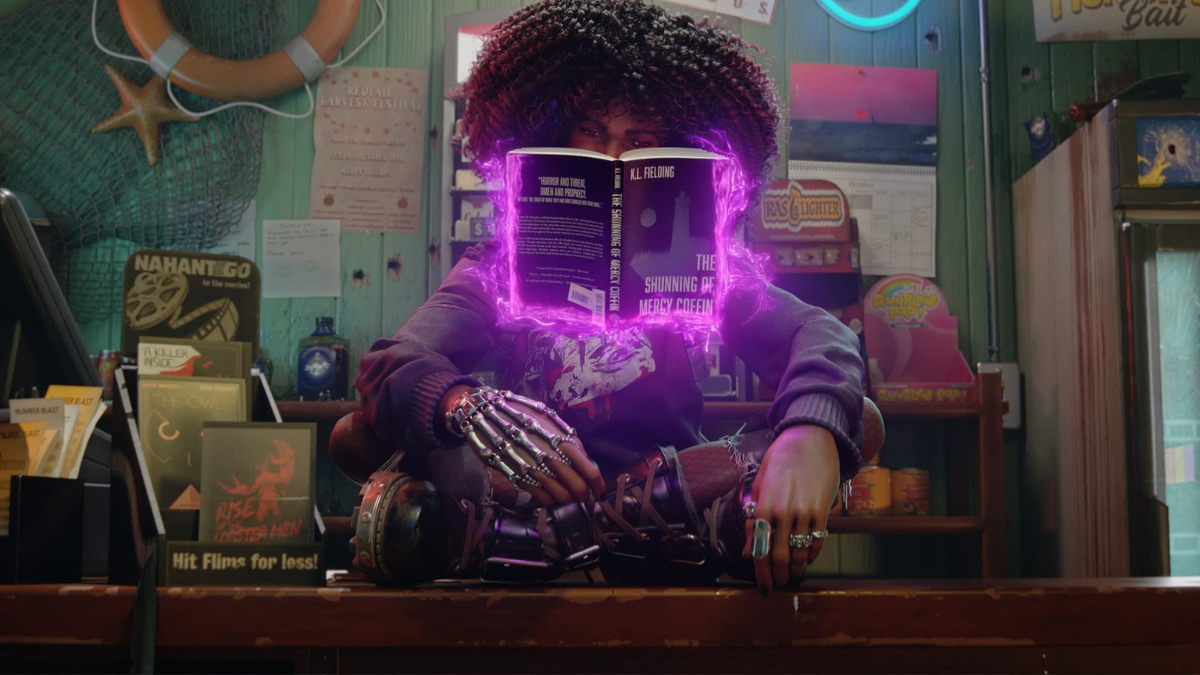Developing a video game is hard, full stop. The original impetus — the seedling of an idea, emotion, or mechanic — sprouts into a consumer-ready product after years of beta tests, bug squashes, and redesigns. Like most art, the final work often barely resembles the first attempt, and they’re linked solely by the creative DNA of the developer’s blood, sweat, and tears. Anything can happen during this time: Teams can grow or shrink, fads can form or pass, and technologies can be invented or become obsolete. Development time has stretched exponentially; what once took a year or two has elongated into a laborious multi-year process focused heavily on recreating life-like 4K graphics, innovative gameplay, and Hollywood-level narratives. It’s easier than ever to start making a video game nowadays, but it’s also harder and more laden with expectations.
No developer sets out to be a failure, for years of their lives to be spent on a game infamous for being a glitched-out, buggy, half-baked mess — any successes already long-forgotten. But again: Game development is hard. Sometimes when you promise to deliver the moon, you end up landing in rural America instead.
The developers at Arkane Austin are nothing if not ambitious. Their first solo venture, 2017’s Prey, continued Arkane’s penchant for immersive sims, which are often defined by their willingness to let the player tackle any obstacle however they see fit. For example, enemies within Prey can be dealt with via turrets, stealth kills, shotgun blasts, GLOO, or simply running away. This development ethos of player choice feels the most hands-off, but in reality, is intricate and precise. When everything is possible, every option must be accounted for. Although largely ignored at launch, Prey and its 2018 roguelike expansion Mooncrash are now beloved titles worthy of their inclusion next to genre-defining titles such as Deus Ex and Arkane’s breakout Dishonored series. They didn’t just deliver the moon — they crashed into it, erupting into a gorgeous shower of fireworks before turning their sights on rural America with their next game: the Massachusetts-based vampire co-op hunter Redfall. And this is where everything went terribly wrong.

Redfall is, to quote Xbox CEO Phil Spencer on the Kinda Funny Xcast, “disappointing.” To be clear, we liked it, with reviewer Ash Martinez stating, “With rich, beautiful open worlds, a multitude of weapons, and a wide variety of enemies to square off against, Redfall amazes.” But most other people don’t. This could be due to a wide variety of things — the surprisingly divisive gunplay, repetitive mission structures, and a plethora of glitches and bugs that make the game nigh unplayable — but most likely, it’s due to checked expectations. Put simply, people were disappointed by Redfall, and no patch in the world can fix that.
On paper, nothing about Redfall shouldn’t work: Merging Left 4 Dead multiplayer with an Arkane immersive sim sounds like a breakthrough in real-time exploration and gameplay, something that could entirely redefine how we view multiplayer narrative experiences. But — like WB Montreal’s Gotham Knights, which promised similar things before its release last October — these false ideals only served to highlight how bad the game actually was. Five months after release, Gotham Knights was “fixed,” and it’s easy to believe that a few months from now, Redfall will be, too. But the damage is already done; players are already burned and will not trust so easily again.
It’s a cycle that has been recurring over and over and over again in the industry, so much so that frankly, it’s exhausting. Cyberpunk 2077, Star Wars Jedi: Survivor, Atomic Heart, Halo Infinite, Pokémon Scarlet and Violet, Saints Row (2022), The Callisto Protocol, The Last of Us Part 1 on PC. In some small way, each title listed wanted to be good, they wanted to provide a wonderful experience that you can’t have anywhere else. But they are all weighed down by lackluster game design, massive technical problems, and/or false promises. Some might be good games, others might be terrible ones, but they are all united in being fully and entirely disappointing.

Even future games are tainted by this. There’s the unending worry for Bethesda’s messianic Starfield, which has been shuffled around more than a deck of cards at a casino; Rocksteady’s Suicide Squad: Kill the Justice League, which bizarrely relies on always-online co-op, movement shooting (which is not the studio’s strong suit), and a god-forsaken battle pass; and even the Silent Hill 2 remake worries anyone with knowledge of Bloober Team’s shaky, tone-deaf Xbox horror game The Medium. Unable to temper expectations, developers try to cram as much into their games as possible so players can do as much as they’d like, oftentimes regardless of the quality because patches exist. Why spend the time to release a polished, final product when you can print the game and demand everyone download a day one patch that fixes some — but likely not all — of the issues? Maybe the devs even provide a roadmap that says the game won’t be fixed today or tomorrow, but sometime in the future, it will finally be at its best!
The problem, ironically pointed out by the developers of the long-gestating Dead Island 2 in an interview with IGN, is that modern games are too complex. No game needs dozens of emergent systems, promises of seamless multiplayer, incredibly detailed worlds, or shiny graphics. They do need to be engaging with enjoyable gameplay; put simply, they want to be something you want to return to because of how playing it (the primary verb associated with video games) is fun. Like so many others before them, Arkane Austin tried too much at once. Their creative vision was splotchy and unclear, and their attempts to cover up their problems with buzzwords only made them stand out more. A polished turd is still a turd.
None of this should dissuade developers from trying out new, innovative ideas. It’s always more respectable to strike out swinging because, while it may be more frustrating, it shows how deeply they cared and tried. Each successive failure, however, should be a reminder to simplify and refine their games before releasing them. Game development, like rocket launches, might be hard, but success is achievable. Shiny, buzzwordy rockets might explode, so sometimes, it’s helpful to remember that looking toward the proven tried and true is okay. It doesn’t matter how you get to the moon, just that you do.

